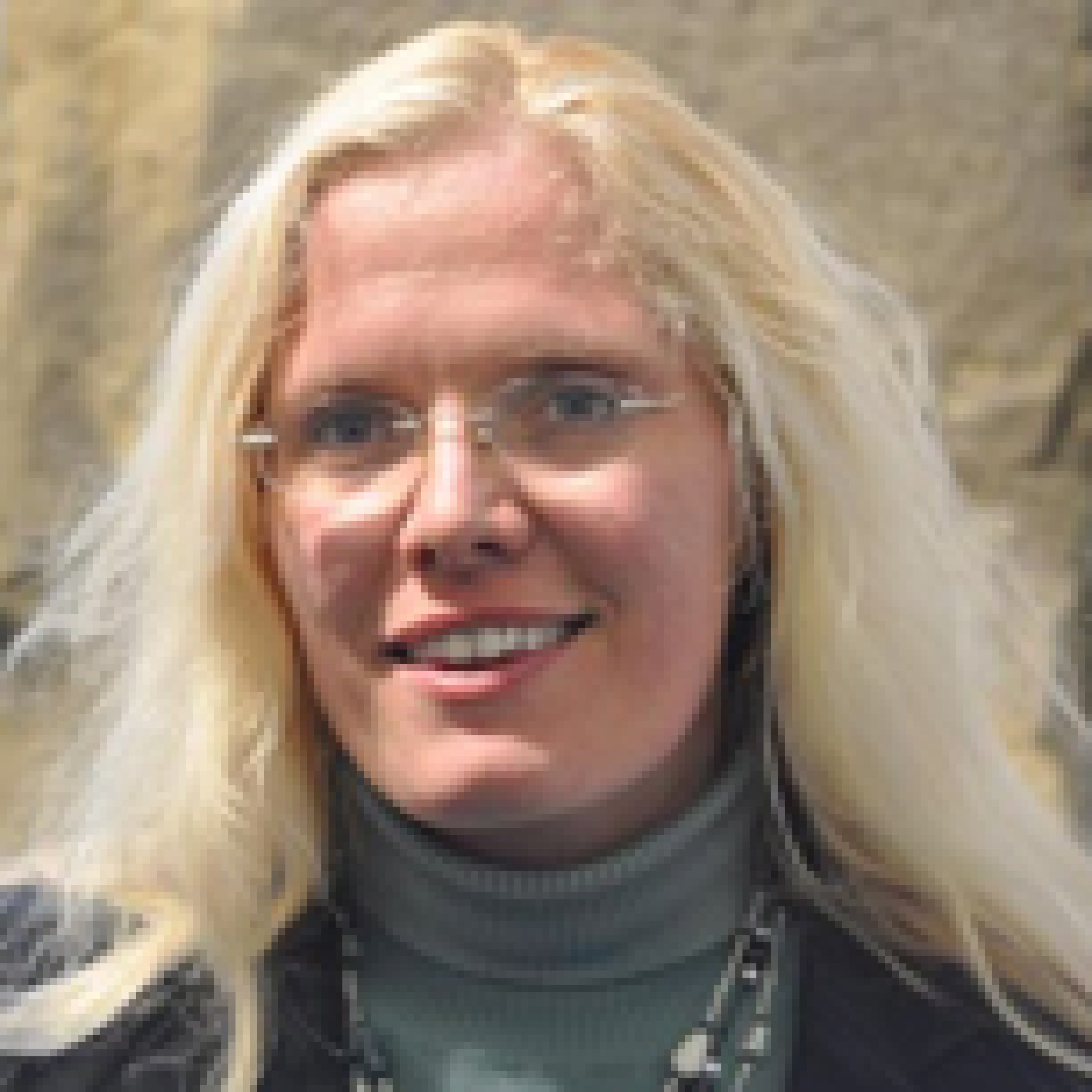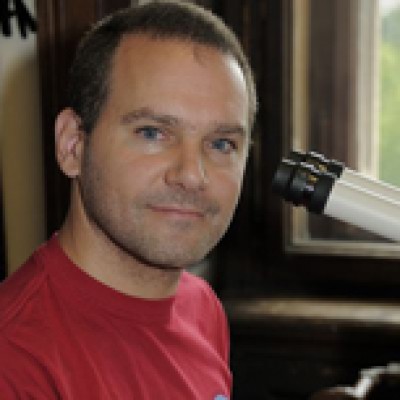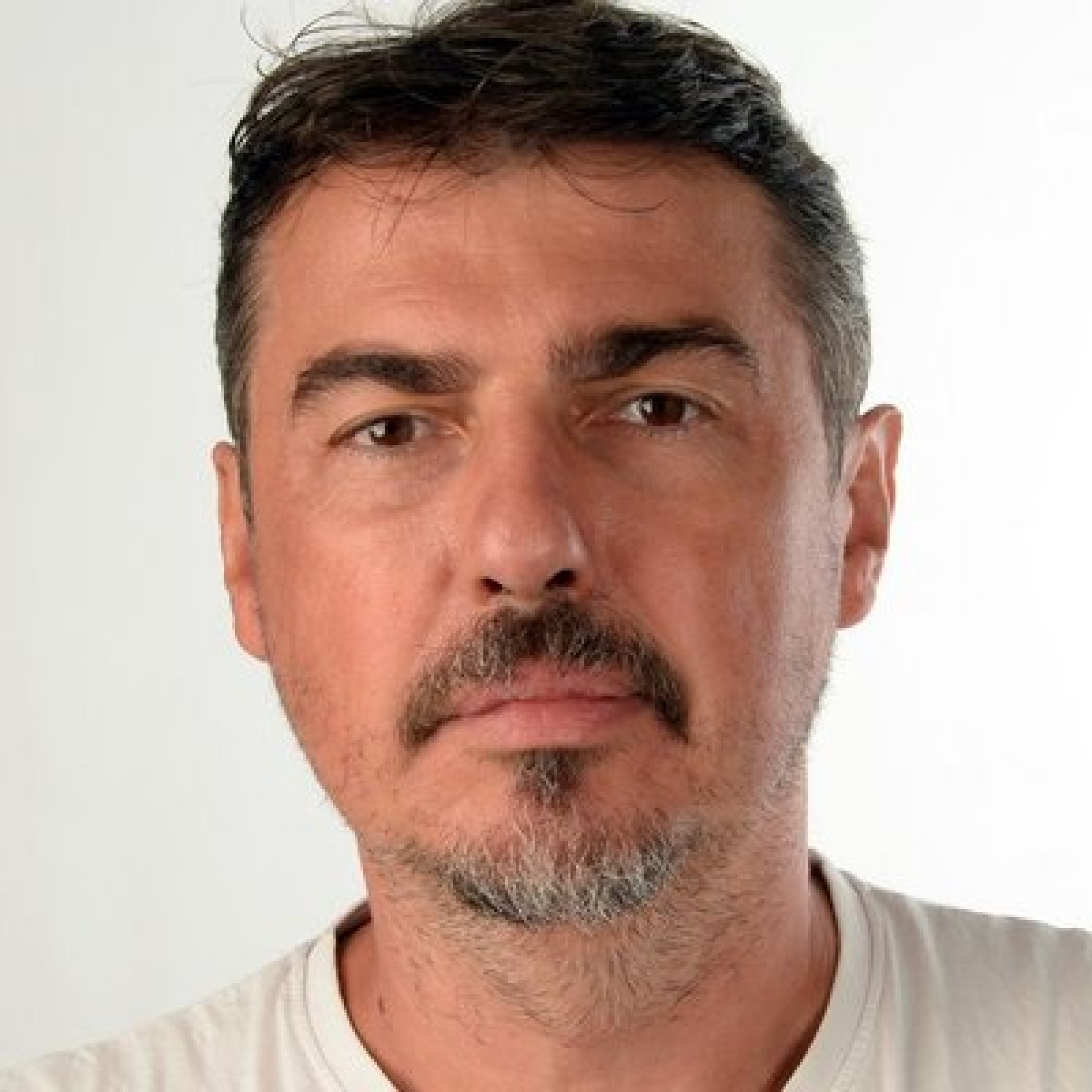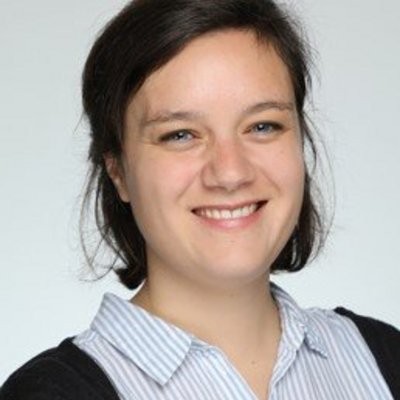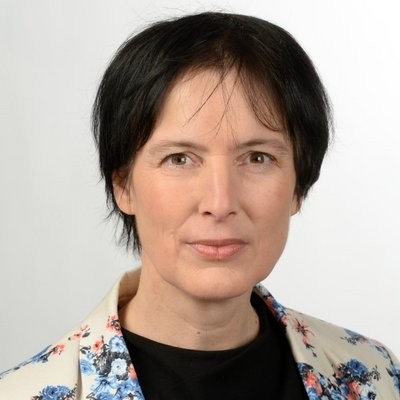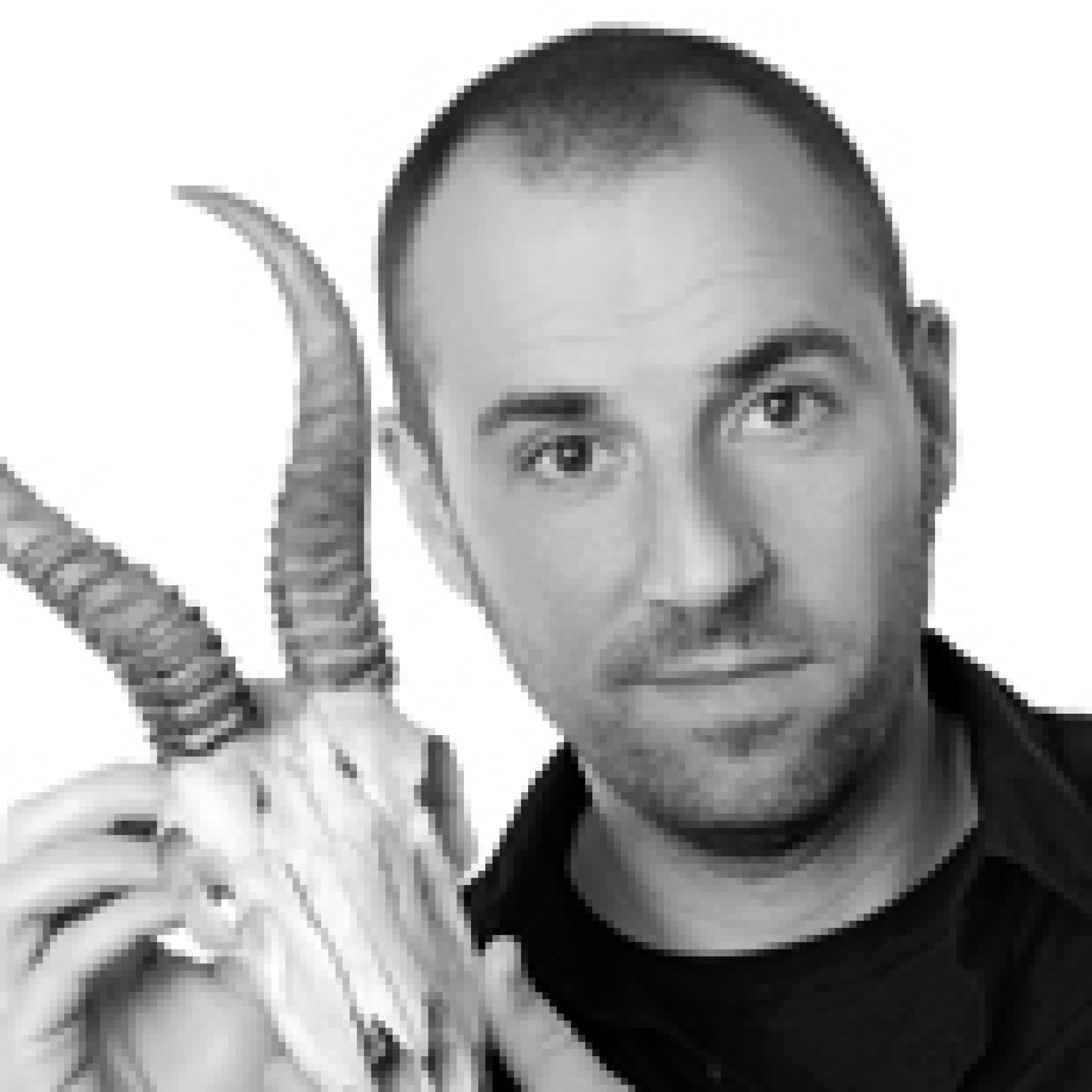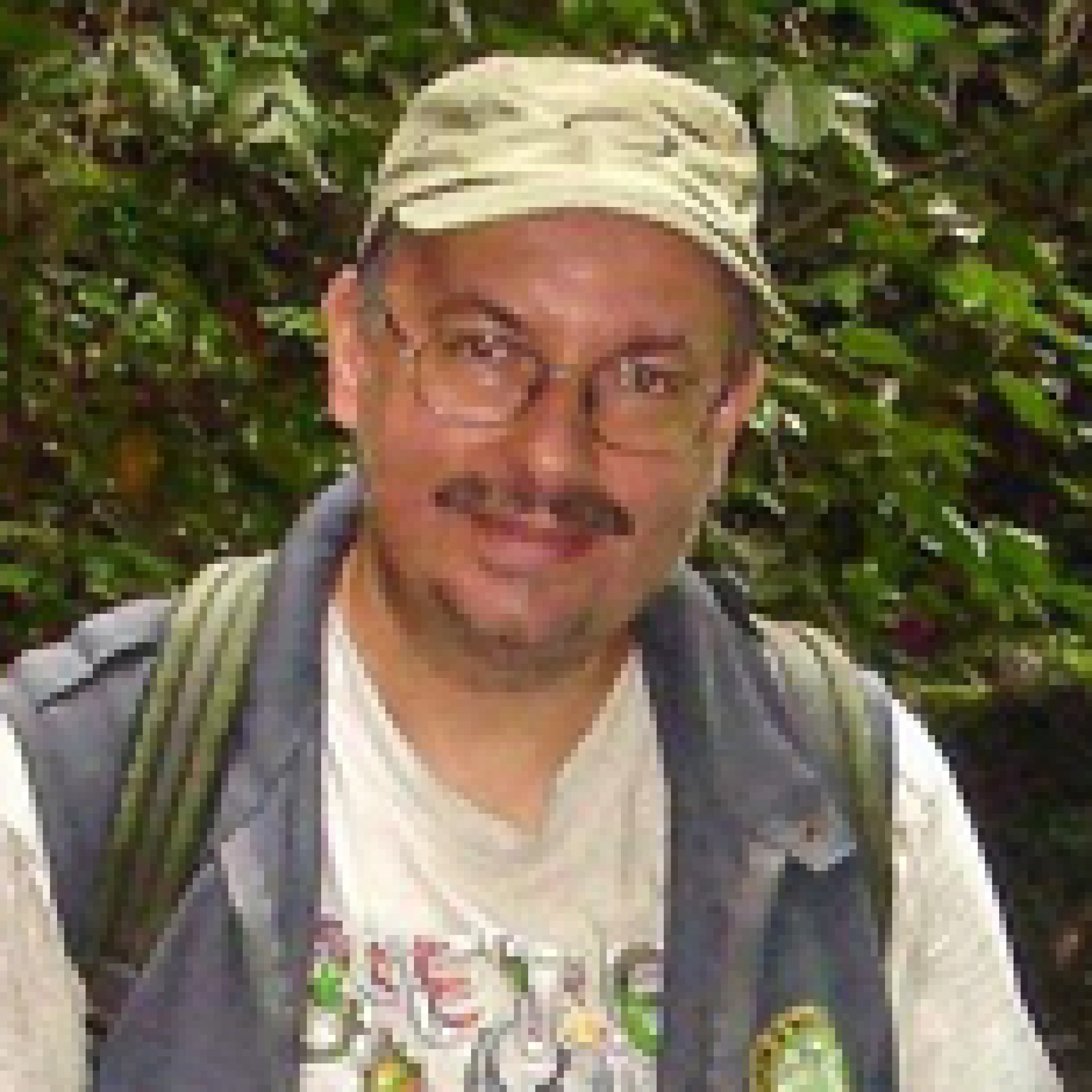Coral bike and underwater forests
Workshop for grades 5 to 8
With our cargo bike, we come to a park and talk about marine ecosystems. What are marine forests? What do they have in common with our forests? How are they different? And why are they endangered?
In an interactive workshop, using also mobile phones and tablets, the students learn the basics about marine ecosystems. We talk about dangers but also about how people get engaged in the project Restoreseas to reforest degraded underwater forests. In the creative part of the workshop, the students produce their own stop-motion movie on the topic.
The coral bike Jeanne was developed and designed at the Natural History Museum Vienna as part of our participation in the international project Restoreseas together with the Ars Electronica Center and the Team Inseq.
Duration of the workshop: 2.5 hours
Age: grades 5 to 8 (10 to 14 years)
In September 2024 we offer the following dates for a workshop free of charge:
10/11/12 September
17/18/19 September
24/25/26 September
(start always at 9.30 a.m.)
Book here: registration form
Contact and details:
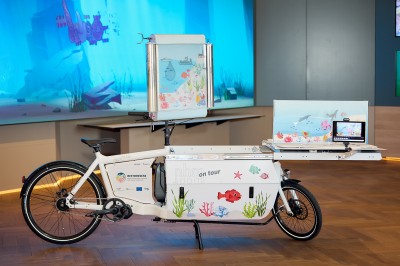
The bike contains a screen and a stage that fold out and teach about underwater forests.
© Christina Häusler
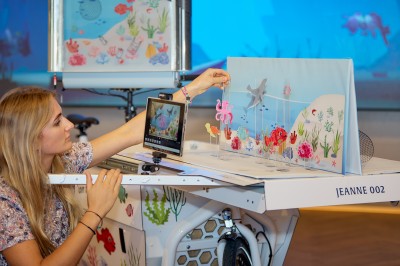
Using the stage and props all brought in the bike, the students create their own stop-motion movie on marine ecosystem conservation.
© Christina Häusler


